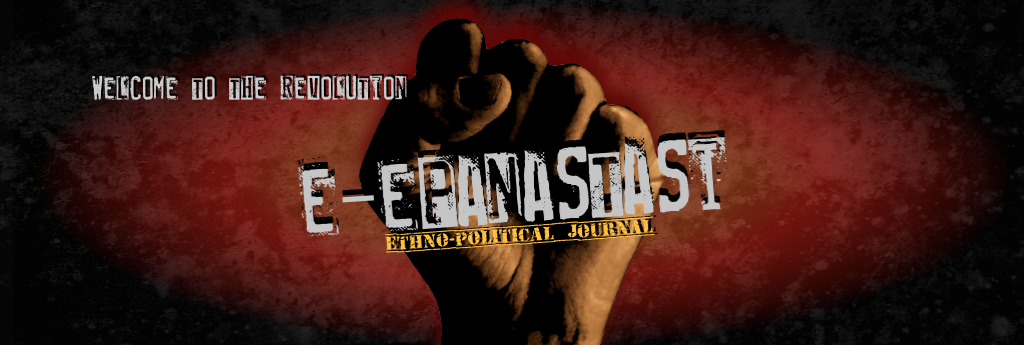“I am from Sicily, in
other words from Magna Graecia and there still exists a lot of Greece in
Sicily…I am of the same Hellenic heritage, even if from another place. Yes, don’t
be surprised. My family name is Pirangellos. The Pirandello is the phonetic
alteration of it, Pirangello-Pirandello…”
Luigi Pirandello to
Kostas Ouranis --“Nea Estia” No. 191, December 1934, Kostas Ouranis Foundation,
Athens, Greece www.idrimaurani.gr/
The Risorgimento,
known to English Speakers as the Italian Unification, was a movement, which
some argue was simply a Tuscan colonization of the Apennine Peninsula,
resulting in the creation of the modern nation-state of Italy. However, what
many fail to realize is that the Risorgimento
also represents the final fall of the Frankokratia
in the Hellenic World. For those that do not know what the Frankokratia was, it is a term used to refer to a period in Greek history
after the Fourth Crusade (1204). When, Western European nobles occupied the
Greek-Speaking Eastern Roman Empire, and established various Crusader states in
its place. This was in part brought about with the signing of the Partitio terrarium imperii Romaniae [1] treaty after the sack of
Constantinople.
